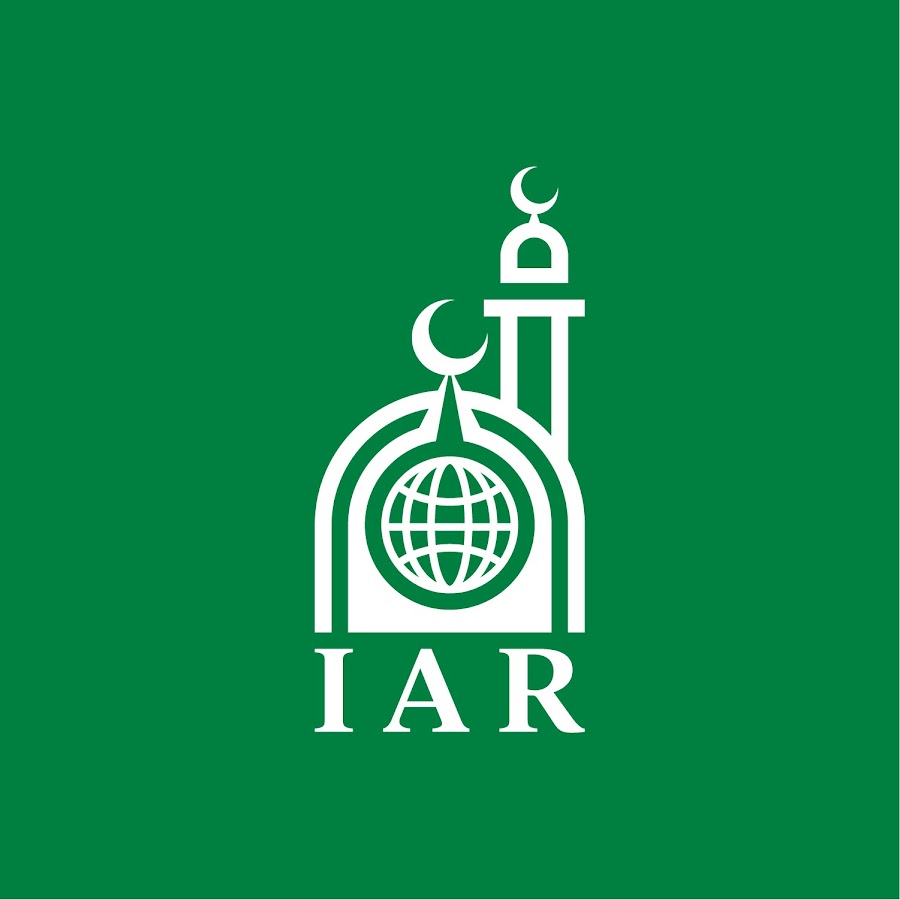The Messengers of God
Muslims believe in the concept of prophethood, which is central to Islamic theology. Prophets, known as “Nabi” in Arabic, are individuals chosen by Allah (God) to convey His message to humanity, guide people to the right path, and exemplify righteous behavior through their lives and teachings.
Key beliefs about prophets in Islam include:
Unity of Prophethood: Muslims believe in the unity and continuity of prophethood, meaning that prophets were sent to every community throughout history, conveying the same essential message of monotheism, moral conduct, and submission to the will of Allah.
Messengership: Islam distinguishes between prophets (Nabi) and messengers (Rasul). While all messengers are prophets, not all prophets are designated as messengers. Messengers are those prophets who receive a divine scripture or law to convey to their people, such as Moses with the Torah and Muhammad with the Quran.
Belief in All Prophets: Muslims believe in all the prophets mentioned in the Quran and the Hadith (sayings and actions of Prophet Muhammad), including Adam, Noah, Abraham, Moses, Jesus, and Muhammad (peace be upon them all), among others. They regard them with respect and honor as chosen servants of Allah.
Infallibility in Conveying Message: Prophets in Islam are considered infallible when conveying the message of Allah. While they may have been human and subject to human experiences and emotions, they were protected from error when conveying the divine revelation.
Respect and Reverence: Muslims hold profound respect and reverence for the prophets, considering them exemplary role models of piety, righteousness, and steadfastness in faith. They are regarded as guides and sources of inspiration for leading a righteous life in accordance with the teachings of Islam.
Finality of Prophethood: Muslims believe that Prophet Muhammad (peace be upon him) is the final prophet and messenger sent by Allah to humanity. His message, embodied in the Quran, is considered the ultimate and complete guidance for all humankind until the end of time.
Muslims hold prophets in high esteem, recognizing them as chosen instruments of Allah to guide humanity toward righteousness, moral conduct, and submission to the divine will. The belief in prophethood is fundamental to Islamic faith and serves as a cornerstone of Muslim theology and spirituality.



